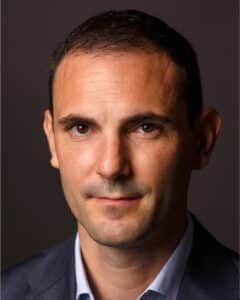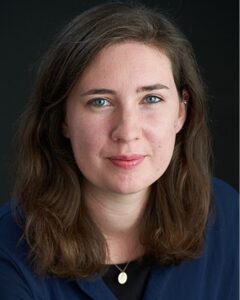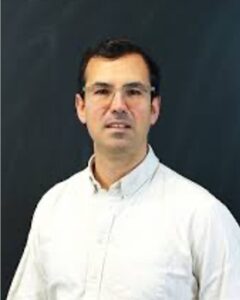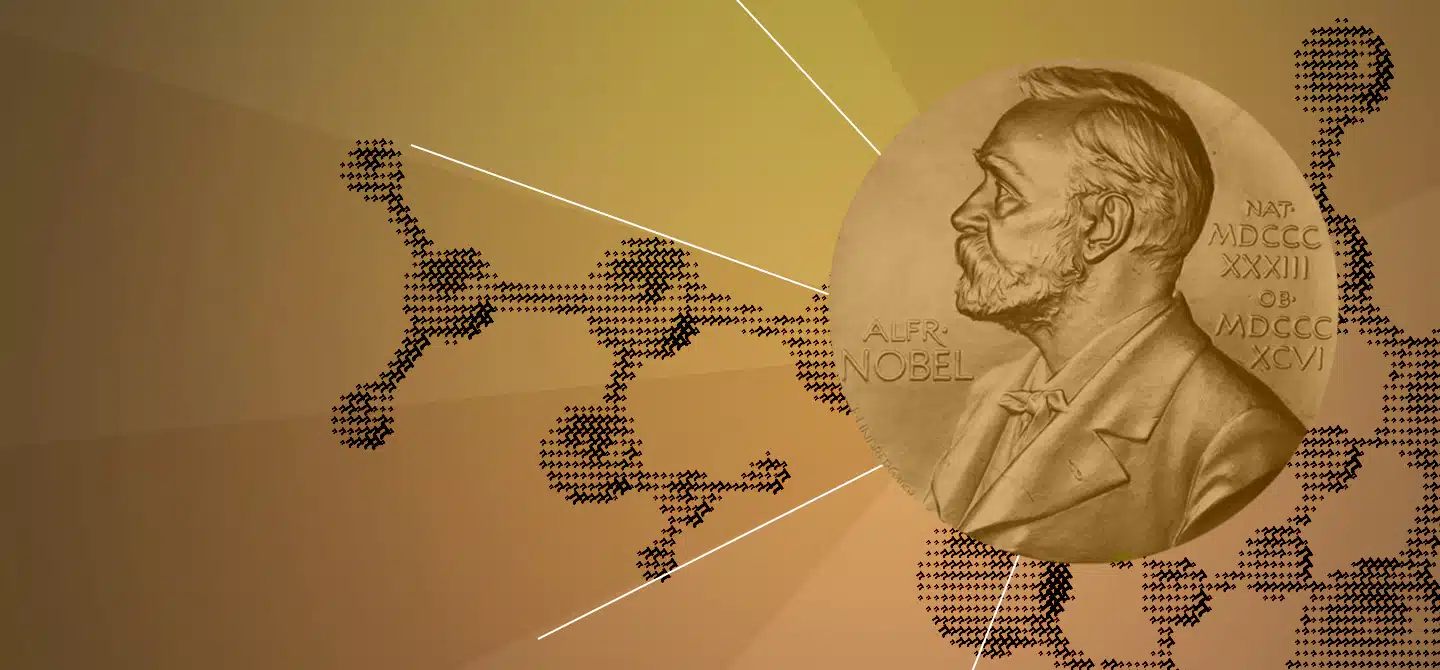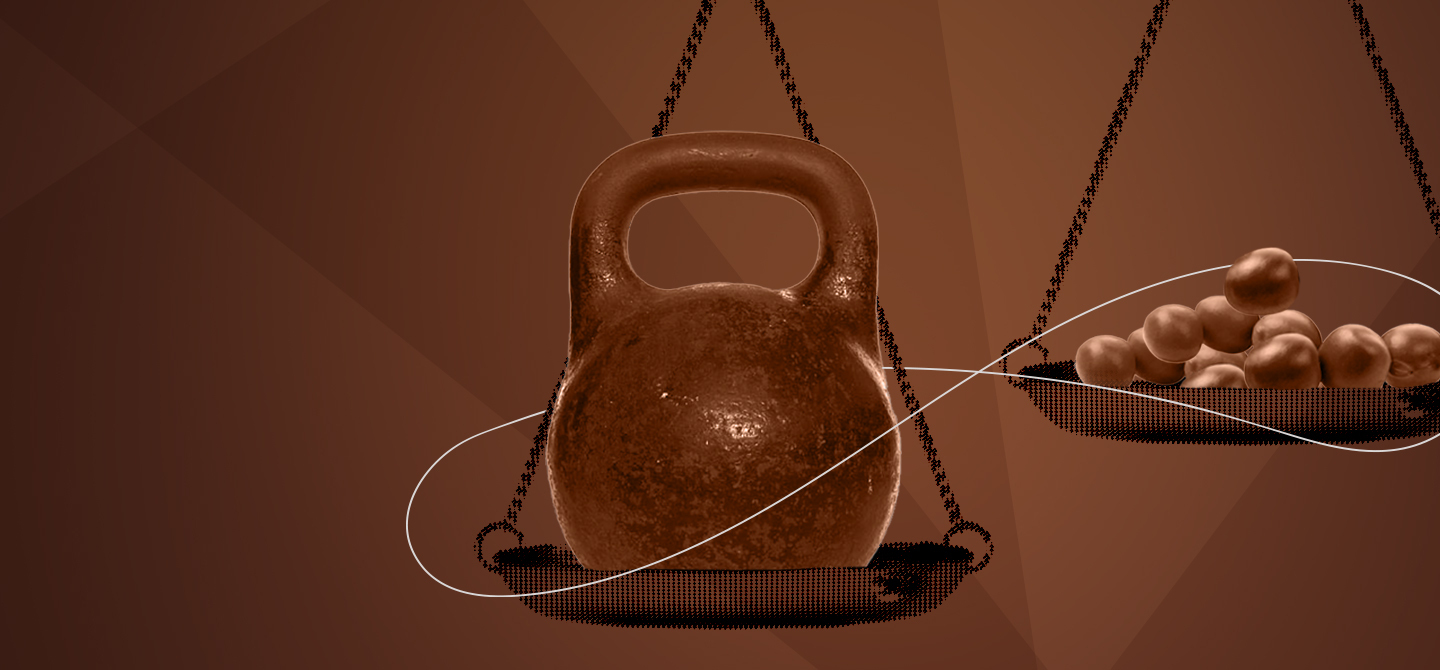In today’s climate, where democracies are undermined by the latest technological innovations, economic researchers are looking at the question of inequalities between rich and poor countries. In 2024, three researchers – Daron Acemoğlu, Simon Johnson and James A. Robinson – were awarded the Nobel Prize in Economics “for their studies of how institutions are formed and affect prosperity.” Pierre Boyer, Héloïse Cloléry, Matías Núñez and Pauline Rossi answer our questions on the contributions of this work, shedding light the impacts of this research the 2024 Nobels Prize winners.
What are the spin-offs of the research carried out by the winners of the 2024 Nobel Prize in Economics?
Pierre Boyer. The work of the Nobel Prize winners was already renowned before they received this prestigious distinction. Since the 2000s, their research has inspired and influenced many researchers themselves. What’s more, their work is closely linked to current events. For example, the election of Donald Trump and the questioning of checks and balances are subjects that resonate strongly with their research. These events are a reminder that institutions are constantly evolving, and that stability can never be taken for granted. This year’s Nobel laureates are also looking at the impact of artificial intelligence on our societies and the challenges of having inclusive institutions.
They often ask the following question: to what extent will a technological revolution be monopolised by a minority for its own benefit, or will it benefit the greatest number? The answer will depend on the institutions put in place to share the revenues and benefits of these innovations, so that they benefit everyone.
Are there any specific parts of these contributions that struck you as particularly relevant?
Héloïse Cloléry. For my part, the work of the prize-winners inspired me a great deal during my dissertation, particularly the notion they defend that we still need institutions to make collective decisions. There are many contemporary problems, such as the climate crisis or global pandemics, that cannot be solved individually. A single individual does not carry enough weight to play a pivotal role, and there is a high risk of free-rider behaviour, where some individuals take advantage of the efforts of others. I’ve always found the question of ‘how do we organise ourselves collectively’ fascinating. As members of a society, we need an authority to make decisions for the group. But once power has been delegated to institutions, how do we ensure that these same institutions don’t extract all the wealth for their own gain? Daron Acemoğlu and James A.Robinson insist in their recent work on the balance that must constantly be maintained between the powers of an elite and the powers of society. Without a balance of power, there can be no economic growth. I think it’s very important to keep this idea in mind, because the issues we’re currently facing require us to think about new ways of organising ourselves collectively.
Matias Núñez. The Nobel laureates are essential references in political economy. Their contributions stand out for the relevance and quality of their reasoning, as well as for the breadth of the subjects they address and the techniques they employ. They don’t just theorise; they back up their analyses with solid empirical data, making their arguments particularly convincing. By exploring the interactions between political institutions, economic development and historical trajectories, they help us to better understand the complex dynamics of our societies. I highly recommend that interested readers check out Daron Acemoğlu’s political economy course at MIT. The course materials and exercises, available free online, provide an excellent overview of the latest advances in the field.

PB. What also makes these Nobel laureates so influential for all three of us, and for others as well, is that they open doors rather than close them, in many fields. Their work is enabling new generations of researchers to follow in their footsteps and pursue innovative research. For example, faced with the emergence of a new technology such as artificial intelligence, their research into the links between technology and institutions is helping us to anticipate the impact of such an upheaval and to understand the fragility it may engender for our democracies. In the current context, their work offers a real reading grid.
Do you find the quasi-contemporary analysis of economic and state developments and dynamics innovative and avant-garde?
PB. The work of the winners highlights the fact that institutions are not immutable and can evolve, for better or for worse. It is crucial to bear this fragility in mind. Twenty years ago, the idea that the old democracies of Europe or the United States might be vulnerable might have seemed incongruous. Today, however, it is clear that even these established democracies can be affected by the warnings expressed in their research.
HC. The idea that democratic political powers can fail is not new. However, in recent years, the work of the prize-winners has been very much in the news. We are currently witnessing the rise to power of populist movements and polarisation phenomena that divide opinion in many democracies. These phenomena are accelerating and gaining considerable momentum because of social media and the rapid spread of fake news. Digital upheavals sometimes take governments by surprise. The United Kingdom is a good example, where disinformation campaigns played a major role in the outcome of the Brexit vote. Institutions today must adapt to deal with cyber interference and new technologies, a subject Daron Acemoğlu knows well.
The notion of transition came up a lot during your conference. Was it a conscious choice on your part or that of the Nobels to work specifically on this issue?
PB. This approach stems directly from the work of the Nobel Prize winners. They chose to develop dynamic models incorporating several states of nature, for example, a more or less egalitarian distribution of wealth. Based on these models, they construct reading grids with various possible trajectories leading to these states. As Héloïse pointed out, this method makes it possible to visualise the different trajectories and bifurcation points at which events can steer a country towards an egalitarian democracy or an inegalitarian autocracy, depending on endogenous and exogenous factors.
HC. I think the notion of transition is linked to their research questions. They are obsessed with understanding why some countries remain poor while others have managed to become rich. From there, their aim is to understand the factors that explain the connection. Identifying these factors is crucial if these countries are to be lifted out of this economic situation. Institutions today have to adapt to deal with cyber interference and new technologies, a subject Daron Acemoğlu knows well.
MN. Of the various transitions they examine, the political regime transitions discussed in their book Economic Origins of Dictatorship and Democracy are particularly relevant. The authors argue that the choice of a country’s political system results from the interaction between various social groups and economic shocks. They illustrate this theory through numerous historical examples, such as the United Kingdom’s transition in the 19th Century from a ‘householder franchise’ (vote) to a more democratic one.
Do you feel that they have answered this fundamental question?
PB. There are still some grey areas! If social science research were to give us a miracle recipe, it would be applied by everyone.
MN. In economics, a theory often represents one possibility among others, with no single answer. Several explanations can coexist simultaneously. However, economists have the ability to ask pertinent questions that provoke numerous reactions. For example, the impact of artificial intelligence on Western democracies, a question that the prize-winners have been looking at recently, is a subject that stimulates debate and research.




